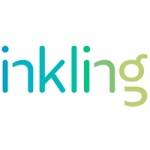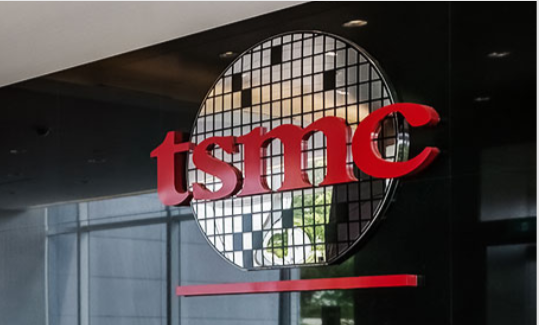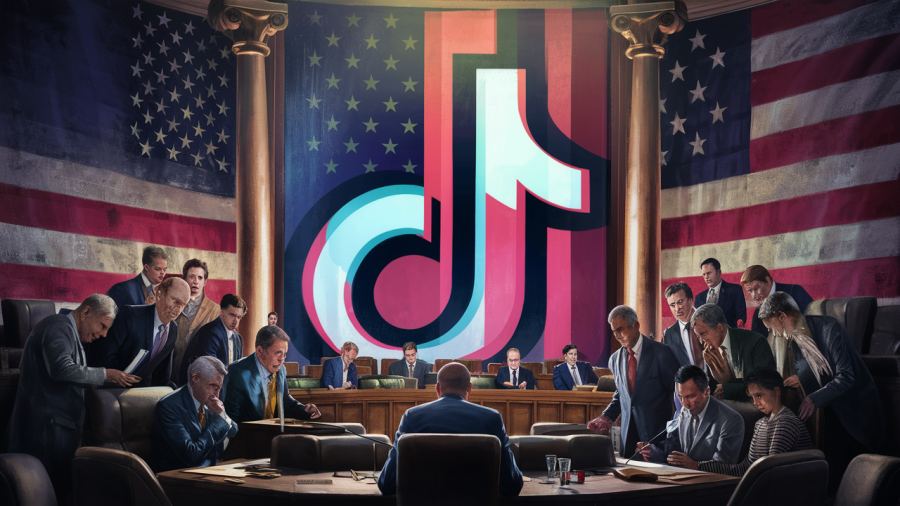Digital textbooks are at a tipping point, a recent study suggested, on a trajectory to overtake print textbooks in the coming decade. Even though they are a small part of the market now – just 3% – digital textbooks are on track to surpass 25% by 2015.

No matter where you set the target date for that tipping point, digital textbooks certainly just received a strong shove in that direction with a major investment announcement from the iPad textbook maker Inkling. The startup has raised an undisclosed round of funding, with participation from some of its initial investors including Sequoia Capital.
More significantly, this financing involves significant minority investments from the two biggest educational content companies in the world, McGraw-Hill and Pearson.
More Books, Cheaper and Digital
These publishers investments also include a substantial content commitment, significantly boosting the textbooks available on Inkling’s platform. Students will now have access to the top 100 undergraduate titles from McGraw-Hill, a full MBA curriculum from Pearson, a full medical education curriculum, and more.

Having a more robust catalog helps Inkling meet the needs of more student book-buyers, and makes the company another viable alternative to the expensive and cumbersome print books found at the local campus bookstore. Of course, students have a number of alternatives for books already – print or digital – including a variety of used book and book rental websites. The latter all offer cheaper alternatives to new print textbooks. So does Inkling, and goes one step further by giving students the option to buy books by the chapter, not just in their entirety.
Textbook as App: Beyond Simply Digitizing the Text
But Inkling founder and CEO Matt MacInnis says that price isn’t the only factor that will win over student consumers. Instead, he believes that Inkling can offer a superior learning experience over other textbook formats. And no doubt, Inkling has re-imagined how a textbook should work and done so with the iPad (ok, tablet… but really, iPad) experience in mind.
Textbooks on Inkling’s platform aren’t simply the print versions converted to the tablet screen. “We have gently disassembled the textbook,” says MacInnis. Content isn’t bound by pages or sections or chapters in the same linear fashion. Rather, it’s hierarchical, richly illustrated and augmented. It’s interactive. It’s social.
“We have gently disassembled the textbook” – Matt MacInnis, Inkling founder and CEO.
“The iPad is not a book,” says MacInnis. “Too many publishers pretend it’s a book.” And while, yes, Inkling does offer well-known college textbook titles – reassembled, if you will, from the print versions – it’s pretty clear that a textbook on the Inkling platform isn’t really “a book,” or not at least not with the constraints of the physical printed form.
Now, I love books in their physical printed form, don’t get me wrong. And geek that I am, the thought of books becoming apps makes me shudder. But when it comes to textbooks, quite frankly, I can’t really muster much of a defense for their print-bound integrity.
The Future of (E)Books – An Engineering, Not a Publishing Problem?
Interestingly, Inkling hasn’t approached the textbook with any sort of reverence or commitment to that print-bound form. Bringing textbooks to the Inkling platform is an “engineering problem,” according to MacInnis, not a publishing problem. And that’s likely why the platform takes a very different approach to the textbook that simply uploading an electronic version of the text.
It may be an engineering problem that MacInnis says his company is working on here, but the investment today from Pearson and McGraw-Hill sure makes it look like those educational content providers think Inkling’s on to something that will address the publishing problem too.










